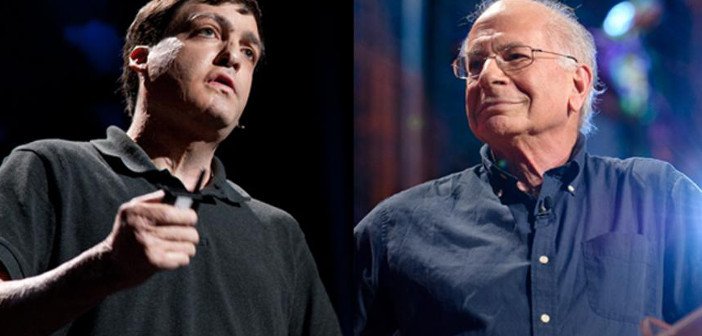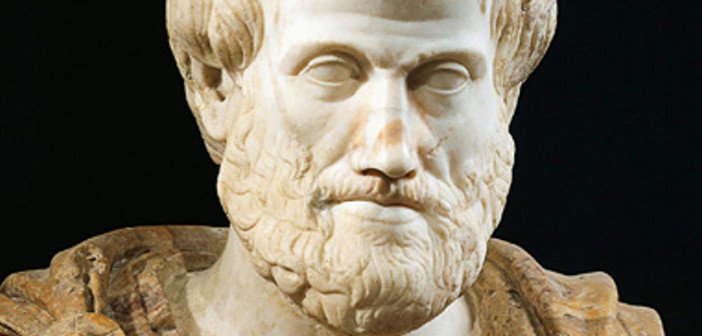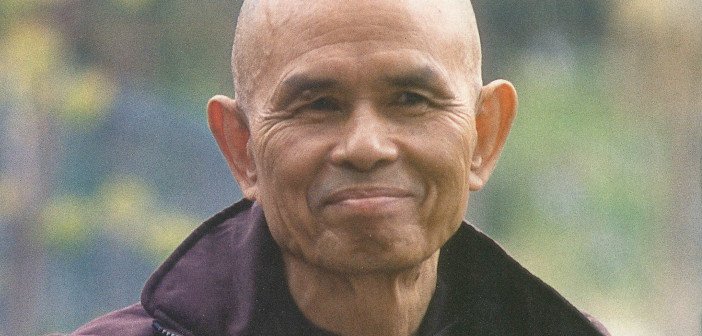Economic Equality | More Than Just a Nice Idea?
We behave towards one another as if we are equal, but learning about others’ advantages makes us unhappy. This is Leon Festinger’s theory of social comparison. It doesn’t stop at imagined feelings of being short-changed though. Marmot’s Whitehall Study, tracking tens of thousands of workers from 1967, conclusively showed that those in lower socio-economic brackets suffer more over a whole range of measures, including health and length of life. So the intuition is based on very real consequences.[pullquote]When things are going well, we associate our success with our own efforts, whereas with hardship, we blame external forces such as bad luck.[/pullquote]
On the other hand, if we become aware of others’ disadvantages, we do not want to forfeit what we have, however gained. Loss aversion is stronger than other motivations. Furthermore, self-serving biases and attribution theory studies demonstrate that when things are going well, we associate our success with our own efforts, whereas with hardship, we blame external forces such as bad luck.
The identification built up with life position is scaffolded by a network of beliefs that makes it difficult to change people’s minds. Studies by Dan Ariely, Daniel Kahneman and others shed light on the irrational nature of wealth justification, such as bonus scheme scams.

Despite these challenges, change, for better or worse, has occurred continuously in relation to distribution of common resources and to questions of just treatment. With will and application, a good standard of living is possible for everyone, the ninety-nine per cent as well as the one per cent. The opposition created by this powerful one per cent, between lobbying, accessing legal services and so on, is a major obstacle to a fairer society. Yet never before have entire populations been so well informed of the disparities, with many voices raised, like Thomas Piketty updating Marx’s revelations about the imbalances of capital.[pullquote]The difference between the least and most well-off is negligible compared to the gap in ‘developed’ societies.[/pullquote]
Contemporary philosophers such as John Rawls, Peter Singer and Margaret Nussbaum, who advocate respect for human dignity and sufficient provision to develop capabilities, are becoming increasingly influential too. Short-termism throws a shroud over the long history of human cooperation and sharing. Archaeological remains suggest that primitive tribal bands supported members who became sick, old or disabled: possible given the right environment, with regular shelter, food and few predators. Gifting was and is associated with power in the few remaining tribal societies, which register tiny Gini co-efficients. The difference between the least and most well-off is negligible compared to the gap in ‘developed’ societies.
Japanese Emperor Asóka converted to Buddhism in 260 BCE, banned war, and inaugurated an era of tolerance, public service and equality. Sophisticated Brehon Laws date from druidic years, before St. Patrick befriended Irish kings and persuaded them to adopt rules of the Roman Catholic Church. Jewish Law from the Hebrew tradition, in applying to all believers equally, resembled a universal social contract. From the early Greek tradition, Aristotle, in Ethics, explored the meaning of, isos – equal. He recognised that the common life of citizens should entitle each to similar political rights – isonomia. Not, he automatically assumed, for women or slaves though. The mindset of each progressive movement often betrays blind-spots, but by legitimating parties within limits, and disabling extremes, Aristotle’s template had implications for the market.

Martin Luther King Jr. was assassinated while finishing his last book, Where Do We Go From Here? He proposed a form of direct quantitative easing for black people living in impoverished ghettos. Wonderful speeches in the White House and town halls, and token government schemes preparing them for non-existent jobs, were getting them nowhere. Even now, African-Americans carry the social and economic stigma of slavery and segregation.[pullquote]If you wanted a slave during the past century, you simply used different words for recruitment.[/pullquote]
When conditions for mere welfare are degrading and intimidating, accepting charity can hardly chaff less at integrity. Indeed charitable programmes and institutions preceded the establishment of secular hospitals as colonialism expanded around the world. Indigenous methods for dealing with social issues became defunct as natives were uprooted and forced to survive on the most barren corners. The 1652 Act of Settlement in Ireland authorised land theft on a grand scale and reassigned chieftains and Earls, many of whom fled abroad, to the Burren or to the West: ‘to hell or to Connaught.’ Thousands died of disease and famine.
With industrialisation, the working class began to face a similar fate of redundancy back in England. Something had to be done. The hated workhouse system was the solution devised, incarcerating beggars, the ‘indolent, mad, imbecile;’ subsequently stigmatised and marginalised, if not already. Many died in these dens, as Dickens highlighted. Even Auschwitz was designated a labour camp: Arbeit Macht Frei. Yeah right. If you wanted a slave during the past century, you simply used different words for recruitment.

While pension deficits have panicked governments to extend the age of retirement, advanced automation, ‘the internet of everything,’ means jobs for all will simply not be available. If the stockpilers continue to hoard, to the detriment of the rest, a boil-over point is inevitable. The ideology of isms – socialism, communism, capitalism, nationalism, republicanism and so on – may impress, but each amputates something in the individual. And it is as individuals we enjoy enough, or grow miserable in poverty.[pullquote]Are there people we don’t want to be equal with? Were Nazi soldiers equal in their obedience? Under what conditions is equality acceptable?[/pullquote]
Buddhist master Thich Nhat Hanh teaches a strange slogan: no to superiority, no to inferiority, and no to equality. He explained: “When we feel equal, we are still separate. Our practice is to liberate ourselves from all distinctions, to understand I am in you and you are in me. No distinctions. No separation. This is true interbeing.” How few achieve this state! Most need a prop.
For someone like this to question equality as a goal is thought-provoking. Are there people we don’t want to be equal with? Were Nazi soldiers equal in their obedience? Under what conditions is equality acceptable? Is there a better word? Perhaps a consensus on the meaning is necessary. Some equal measures, to opportunity, for example, can still be useless to those in most need, without a prior leveling of the field. These are some of the questions equality faculties and think-tanks are exploring in colleges around the world, besides relevance to gender, race, age, ability and so on.

Rather than having other people dictating needs and values, most people cherish living with autonomy, closely associated with freedom. Availability of quality public services when ill, old, learning, or building a family, assures support in times when autonomy is lower. Paying every citizen a basic income, an amount sufficient to live on, incorporated into more traditional structures, has potential. Cases being made for this kind of direct distribution are multiplying rapidly.[pullquote]Paying every citizen a basic income, an amount sufficient to live on, incorporated into more traditional structures, has potential.[/pullquote]
Basic income has been partially tried in many regions, and pilot studies confirm better self-care, community participation, and entrepreneurship among many positive results. It addresses competitive pressures, goes a long way to turning universal human rights principles into practice, and curbs environmental degradation caused by compulsive consumerism with accompanying polluting waste.
If climate change is going to finish us off soon anyway, why not redirect the trillions poured into arms manufacturers, the Haliburtons, Monsantos, BPs and all bloated companies, back to the people and make social justice real, for once? How much nicer to go out in a blaze of glorious love, peace and harmony!
